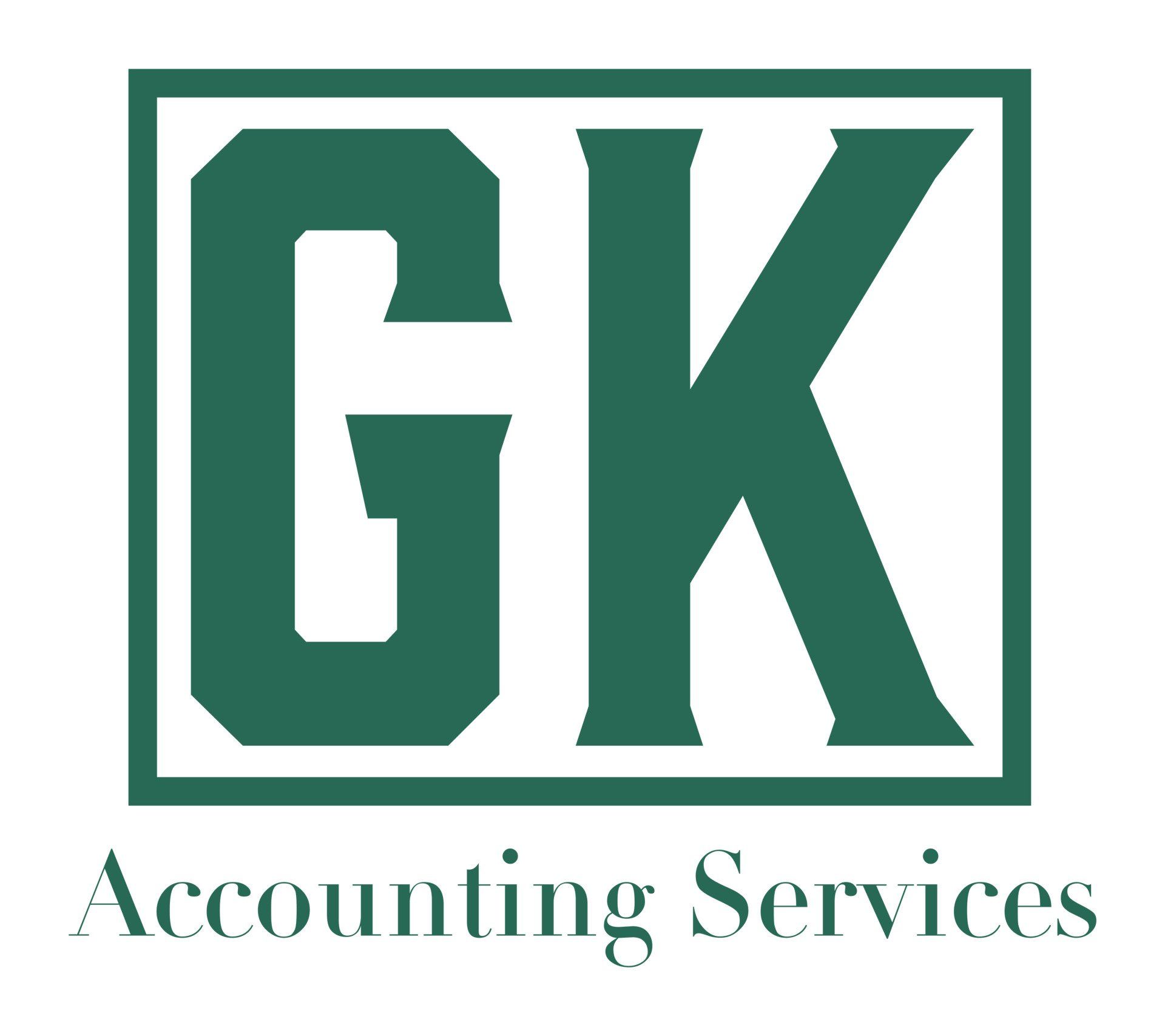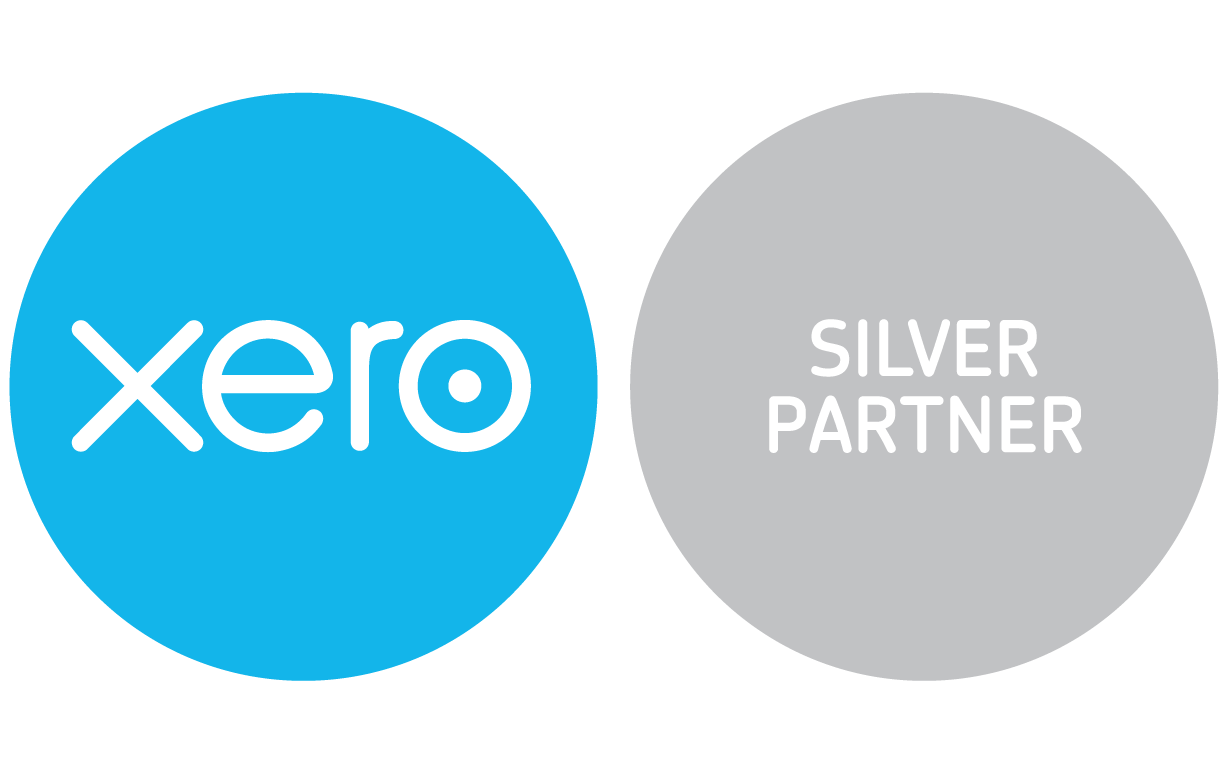Reporting Travel and Subsistence Benefits: Guidance for Employers
Handy guide for employers
Exemptions from Reporting Routine Expenses
Certain routine travel and subsistence expenses reimbursed to employees do not need to be reported to HMRC. These include:
- Business Travel Costs: Transport expenses incurred for business purposes.
- Subsistence Costs: Meals and other necessary travel expenses such as parking charges, tolls, congestion charges, or business phone calls.
Using Scale Rates for Reimbursement
Employers have two options for reimbursing employees:
- Benchmark Scale Rates:
- HMRC provides benchmark scale rates for subsistence payments, which can be used without needing approval. These rates cover standard meal allowances and are designed to simplify the reimbursement process.
- Bespoke Scale Rates:
- Employers may apply to use a special bespoke scale rate, which needs HMRC approval. This rate is tailored to the specific circumstances of the employer and can be used instead of the benchmark scale rates.
Handling Excess Reimbursements
- Excess Payments:
- If the reimbursement exceeds the actual necessary costs, the excess amount must be treated as additional earnings.
- PAYE (Pay As You Earn) and Class 1 National Insurance Contributions (NICs) will be due on the extra amounts.
Tax Relief on Travel
- No Tax Relief for Private Travel:
- Travel between an employee’s home and their permanent workplace does not qualify for tax relief.
- Accounting for tax on private travel depends on who arranged and paid for the transport.
- Exceptions:
- Travel to temporary workplaces.
- Travel for employees with travelling appointments.
Ensuring Valid Expense Claims
Employers must have a robust system in place to verify the validity of expense claims. This typically involves:
- Receipt Submission:
- Employees should submit receipts or retain evidence of the expenses incurred.
- Verification:
- An independent person within the company, other than the employee making the claim, should verify the expenses to ensure their legitimacy.
Practical Steps for Employers
- Adopt HMRC's Scale Rates:
- Use HMRC’s benchmark scale rates for ease and compliance.
- Apply for approval if opting for bespoke scale rates.
- Implement a Checking System:
- Establish a clear process for employees to submit expense claims with necessary documentation.
- Assign a responsible individual or team to verify these claims.
- Monitor Reimbursements:
- Regularly review reimbursed amounts to ensure they do not exceed necessary costs.
- Treat any excess as additional earnings and apply PAYE and NICs accordingly.
- Educate Employees:
- Ensure employees understand the types of expenses that can be claimed and the documentation required.
- Provide training on the company's expense policy and procedures.
- Maintain Records:
- Keep detailed records of all expense claims and reimbursements to ensure transparency and compliance with HMRC requirements.
Summary
Employers can simplify the reimbursement of travel and subsistence expenses by using HMRC’s benchmark scale rates or approved bespoke rates. It is crucial to avoid over-reimbursement and to treat any excess payments as taxable earnings. A robust checking system should be in place to verify the validity of claims, ensuring compliance and preventing employees from approving their own expenses. By following these guidelines, employers can effectively manage travel and subsistence benefits reporting.





